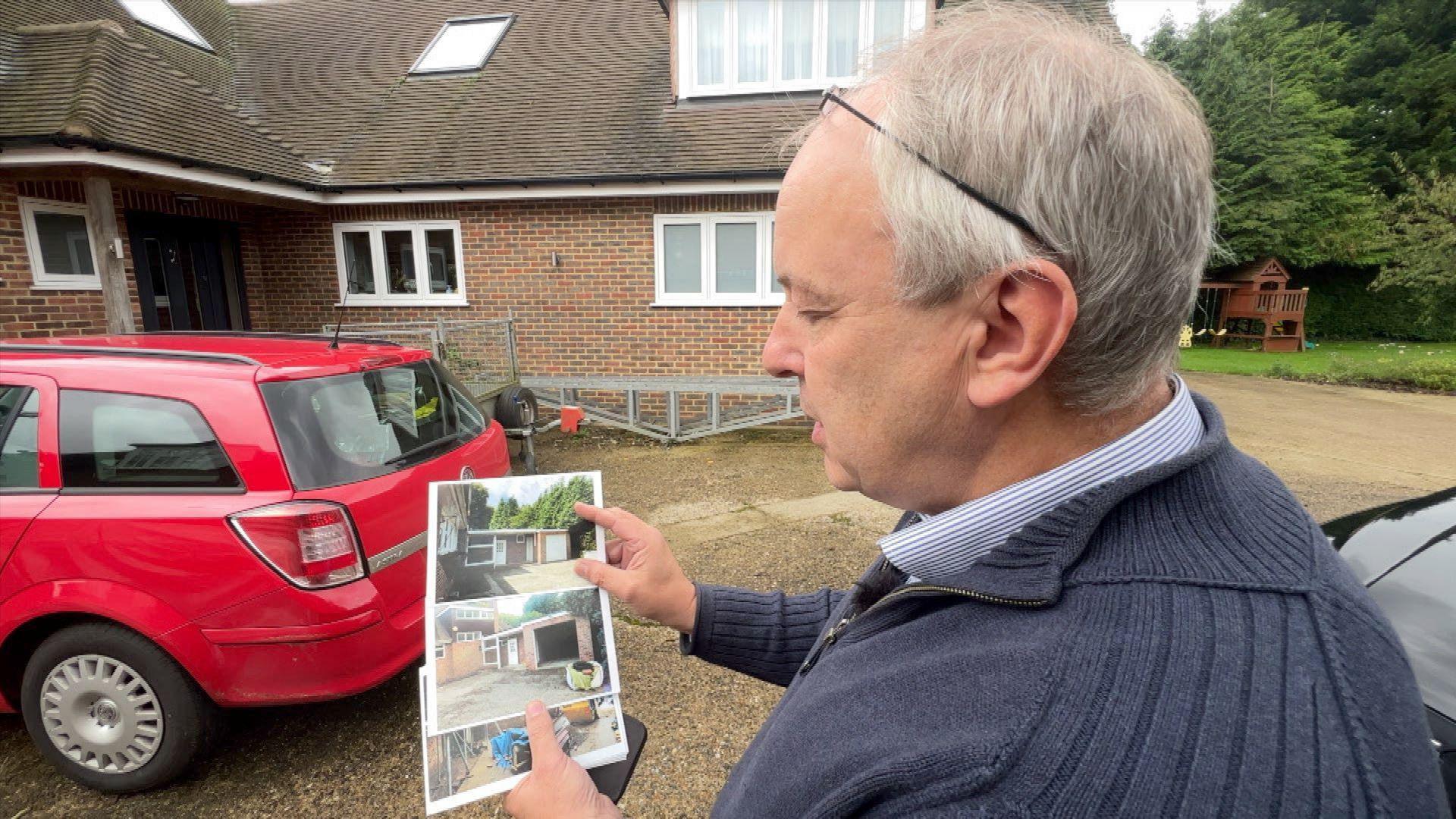Group set up to look at homeowner planning fees
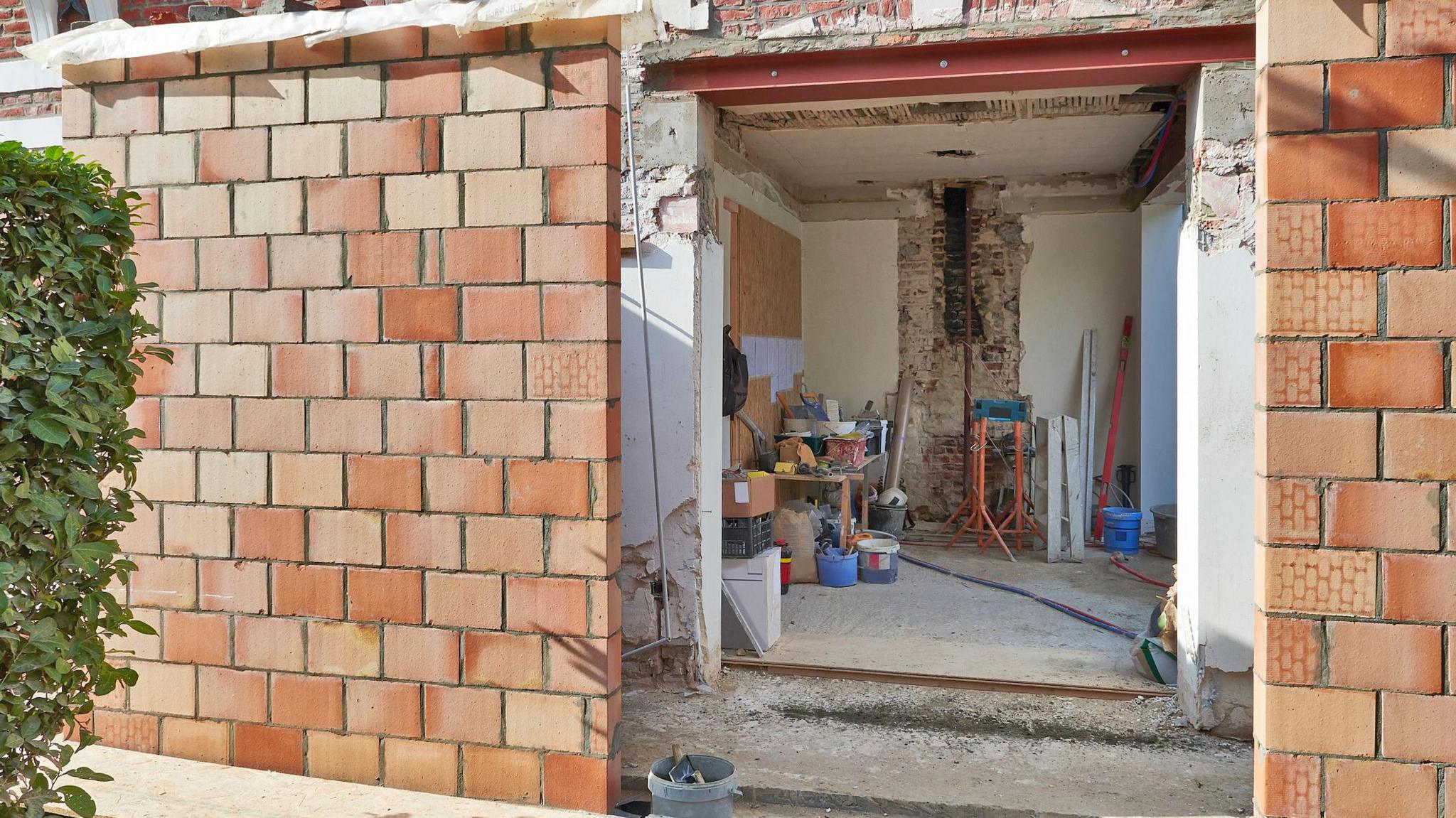
Waverley Borough Council is reviewing cases relating to Community Infrastructure Levy
- Published
A cross-party working group will be set up by a council to examine residents being charged thousands of pounds in fees after making home improvements.
The homeowners were charged the Community Infrastructure Levy (CIL) by Waverley Borough Council (WBC) when they carried out self-builds or extended their properties.
Previously MPs in Surrey have raised concerns about the size of bills, which have been as much as much as £97,000.
WBC's councillor in charge of planning and economic development, Liz Townsend, said it was important to "shine a light" on the situation.
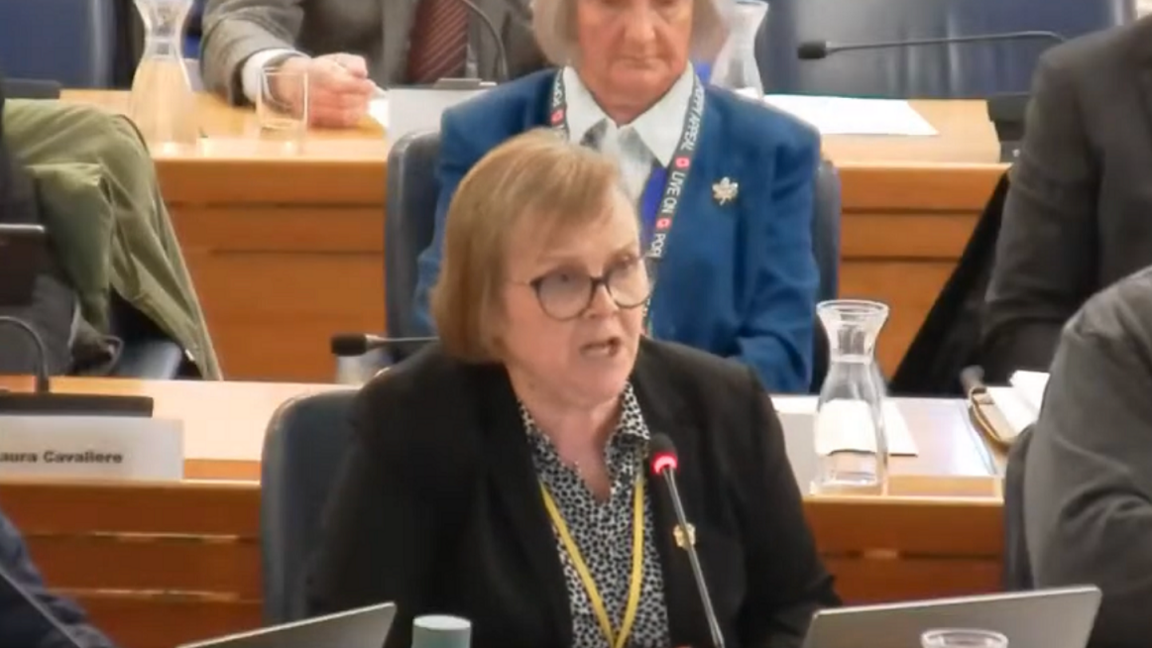
Liz Townsend introduced the motion to set up the cross party group.
CIL is typically charged to developers as a contribution towards essential infrastructure but a number of homeowners across Waverley have also faced the charge.
A review is already being carried out into how and why people were sent surprise planning bills and whether this was done in an incorrect way.
At a meeting of WBC on Wednesday Townsend introduced a motion to form the working group so that a way forward on the issue could be agreed.
"We also need to shine a light on how we got here and we need to make the CIL journey even better for homeowners across the borough," she said.
"We need to look at what additional guidance and processes we may be able to introduce locally and we need to call on government to act nationally."
Waverley charged us £94k in CIL for an extension
Steve Dally from Godalming, who was charged £70,000, told BBC Radio Surrey that he was worried the motion could delay the process.
He urged WBC to follow the example of West Berkshire Council, which has previously made changes to help homeowners affected by CIL.
"There seems to be a lack of appreciation of the impact," he added.
In a statement, Townsend said at the time CIL was adopted no protocol was established for discretionary powers for withdrawal of a CIL liability notice, where "genuine errors" had occurred.
She added: "We need to comprehensively explore what a discretionary relief policy for Waverley might include, if additional monitoring is required, how we might legally revise or withdraw CIL liability notices and if necessary, define a protocol to ensures the council continues to act lawfully."
A Ministry of Housing, Communities and Local Government spokesperson said: "Councils are ultimately responsible for their own enforcement decisions in line with regulations and guidance, and we expect these to be carefully considered.
"We are reviewing how some of the intended exemptions from the Community Infrastructure Levy for people developing their own homes are working in practice, as part of our commitment to improve the system."
Follow BBC Surrey on Facebook, external, and on X, external. Send your story ideas to southeasttoday@bbc.co.uk, external or WhatsApp us on 08081 002250.
Related topics
- Published28 March
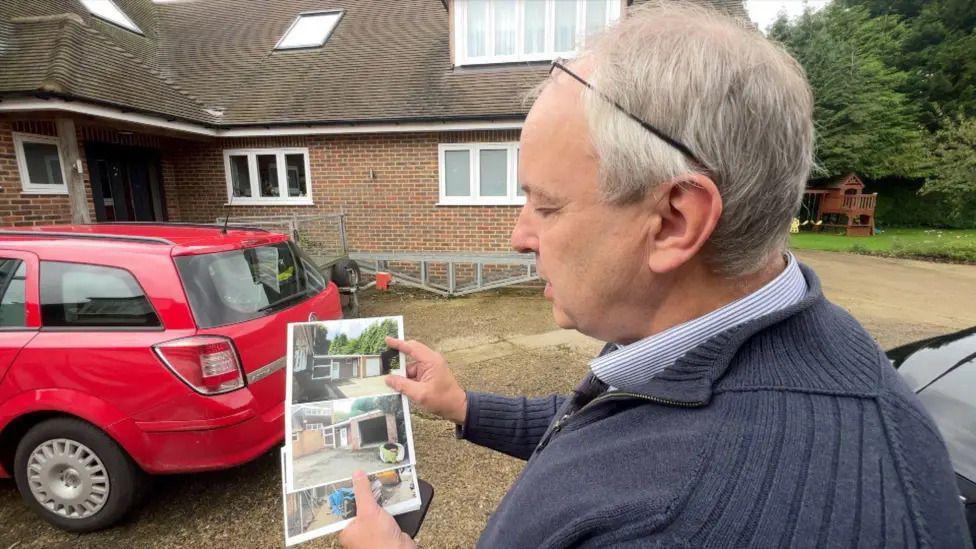
- Published7 February
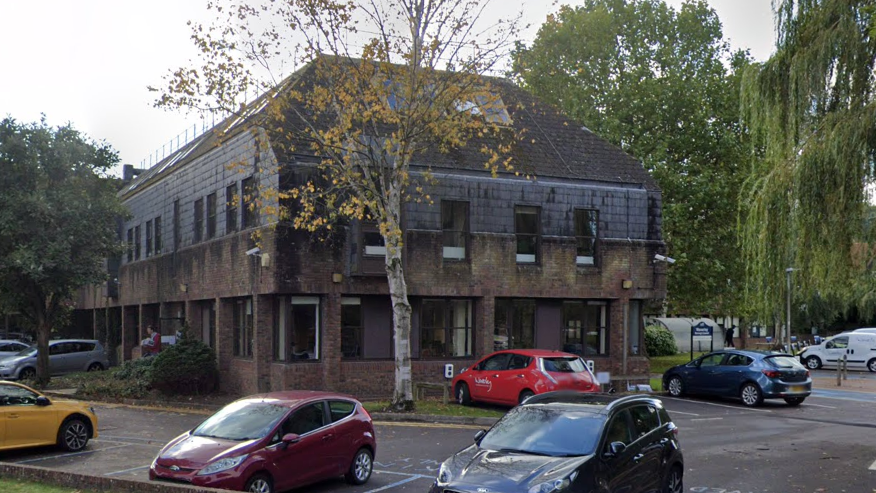
- Published5 February
